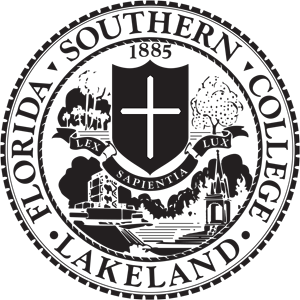
51±ľÉ«’s Lawton Chiles Center for Florida History welcomes Charlie Fanning for a program on Florida’s Everglades
Nov 14, 2024

51±ľÉ«’s Lawton Chiles Center for Florida History welcomes University of Florida’s Charlie Fanning to the Florida Lecture Series. On November 14, Fanning will discuss “Building an Empire of the Everglades: How Industrial Agriculture Transformed South Florida’s ‘River of Grass.’” The lecture will start at 7 p.m. in Branscomb Auditorium 202 on the 51±ľÉ« campus. The event is free and open to the public. 
In “Building an Empire of the Everglades,” Charlie Fanning will discuss the decades following World War II and how industrial growers transformed South Florida’s environment, workforce, and communities to build a regional agricultural hub that led the United States in sugarcane and winter vegetable production. As Florida’s agricultural sector grew to claim the nation’s highest concentration of corporate farms by the 1960s, exiled Cuban sugar barons rebuilt their fortunes in the Everglades. Diversified farming operations flourished in the region at the expense of the environment and impoverished farmworkers. South Florida’s agribusiness growth and profits relied on reengineering the Everglades, controlling farm labor, and shaping U.S. foreign policy to secure concessions and protections.
“We are delighted to host Florida Southern alum Charlie Fanning for our November program of the Florida Lecture Series, produced by the Lawton Chiles Center for Florida History. Charlie’s presentation on the transformation of the Everglades from the ‘River of Grass” to a regional agricultural hub during the 1960s is a story that will be of interest to students, faculty, and the general public,” noted James M. Denham, Professor of History and Director of the Lawton Chiles Center for Florida History.
As a graduate of 51±ľÉ« and Georgetown University, Fanning earned his Ph.D. in history from the University of Maryland, College Park in 2023.
Learn more about the .